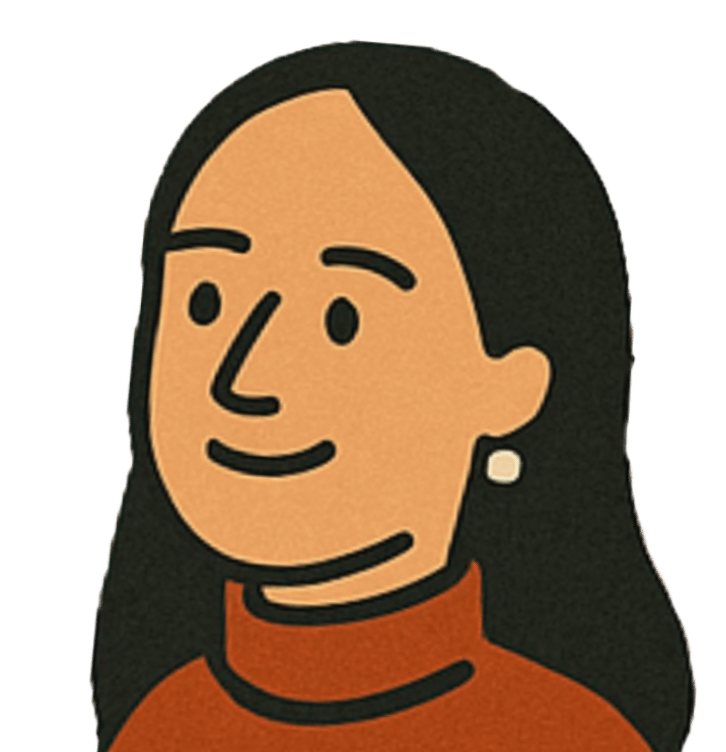Education is entering a moment of reckoning. As Artificial Intelligence redefines automation of data synthesis, text generation, and low-code development, what remains uniquely human is the ability to ask questions that cut through ambiguity and surface new insight. And yet, much of our academic training, particularly in non-STEM fields, is still built around mastering answers.
This gap between educational design and economic demand is becoming more visible. In a world increasingly shaped by automated workflows and answers from Large Language Model (LLM), the "questions" itself has become the scarce and valuable assets.
The Employability Reality Check
We must begin with the facts. A recent analysis found that 56.7% of liberal arts graduates are underemployed, working in jobs that do not require a college degree. Their unemployment rate, at nearly 8%. The median salary for liberal arts majors lags behind, at $55,000 compared to $66,000 across all majors. Beyond these numbers lies an even deeper concern: employer confidence. In a 2024 survey of hiring leaders, 40% said that graduates are not "career-ready", and 60% expressed doubt that the current education-to-workforce pipeline will meet future needs.
These findings do not suggest that non-STEM graduates are less capable. They reveal a misalignment to train students to display their value in a labor market that rewards inquiry, initiative, and impact.
Academic Training: Answers More Than Questions
According to Inside Higher Ed, about one-third of surveyed academic leaders indicated that their institution has not recently evaluated the effectiveness of its general education requirements. The result is a generation of graduates trained to analyze answers without having practiced how to generate the questions that matter.
Why the Question Matters
Anthropologist Claude Lévi-Strauss once observed that "the prohibition of incest is an answer, but we don't know what the question is." This unsettling insight, quoted by contemporary theorists Slavoj Zizek, casts a long shadow over the intellectual dilemma facing non-STEM education today. Academic disciplines have produced an enormous corpus of answers, but the foundational questions that once animated these fields are rarely revisited or reimagined. This is not only a philosophical concern, but also a workforce issue.
Because in the AI era, answers are abundant. A prompt can generate five marketing slogans or a 1000-word blog post. But the value lies in knowing what to prompt. What problem are we trying to solve? For whom? And why now?
In business, this becomes evident:
- A marketing brief exists, but someone must ask who the real audience is, and why they haven't yet been reached.
- A roadmap is in place, but someone must question whether it addresses emerging markets or only reinforces internal inertia.
- A sales script is written, but someone must ask what pain points or aspirations drive the buyer's urgency.
These are questions that lie beyond feature engineering or statistical prediction. They draw on lived experience, empathy, and the ability to think across disciplines. They resist automation because they are grounded in human judgment and creativity: questions of what matters, to whom, and why now. This is where we transcend the capabilities of large language models: by asking deeper, better questions that carve out new spaces of value in the AI economy.
Designing a Question‑First Curriculum
To equip non-STEM graduates for the AI era, we must move beyond skills bootcamps and résumé polishing. What's needed is structural reform that recognizes question formulation as a core competency of the curriculum.
We support four design principles:
- Inquiry Studios Each Semester: Replace passive assignments with structured, semester-long investigations where students co-create the driving question. Projects are grounded in real data and shaped in partnership with nonprofits, startups, or corporates who offer open-ended challenges.
- Human-AI Co-Inquiry Labs: Teach students to use Large Language Models (LLMs) to test hypotheses, map assumptions, and explore alternative framings of a problem.
- Portfolio-Based Micro-Credentials: Every inquiry studio should lead to a portfolio piece such as a policy memo or use-case analysis, tagged with skill keywords that align with employer demand.
- Mentor Rotations across Sectors: Faculty co-mentor with product managers, UX researchers, or community organizers. These are today's professional question-askers, models who show students how inquiry leads to real-world outcomes.
What We're Building
We've been prototyping these principles across university partnerships and summer programs.
In our Wolfram Summer School, students in the Strategy and Philosophy track work with live datasets to frame questions around social equity, before building computational tools to explore the answers.
Through AI Literacy and Workforce Innovation our roundtable and workshops, we collaborate with experts to examine generative AI outputs. Students are invited to reformulate the prompt, tracing how different assumptions yield different results.
And in our Question-Pitch Clinics, we help senior students articulate the problem space they explored, going beyond the tasks they completed. These sessions train students to communicate the value they contributed, alongside their technical execution.
Toward a Question‑Ready Workforce
We believe the future of education depends on our ability to equip students with the capacity to frame meaningful, original questions across disciplines, in real-world contexts, and under conditions of uncertainty. This is no longer an abstract ideal. It is a trainable skill, a visible outcome, and a hiring advantage. As generative AI accelerates the automation of answers, it is the human ability to define the problem space.
We call on:
- Universities to audit their syllabi: How many learning outcomes involve asking, refining, or evaluating questions?
- Employers to pilot question sprints: low-stakes engagements where students help frame real challenges.
- Students to build résumés that begin with: "Here's the question I uncovered → Here's the impact of answering it."
We welcome instructors to bring us into their classrooms as guest lecturers, career advisors to host pitch clinics, and departments to integrate micro-credentials that help students showcase inquiry-driven work in their portfolios. Together, we can design question-first pathways that prepare non-STEM students to lead in an economy where questions and human insights define impact.
